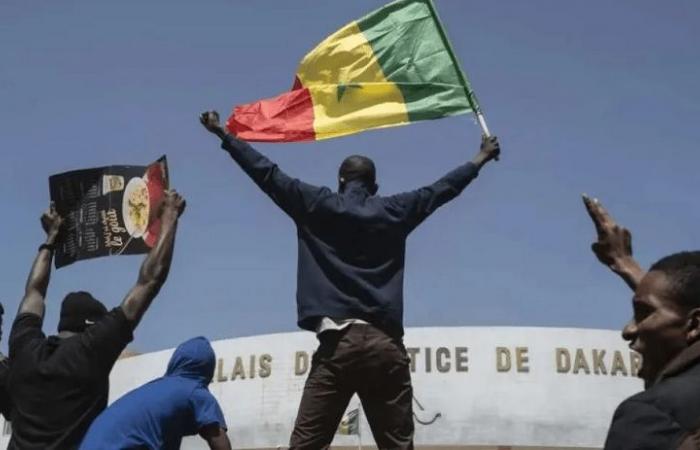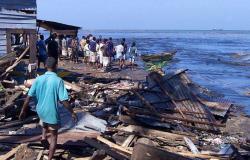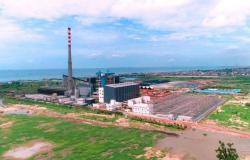Senegal is doing generally well in terms of human rights protection even if there is still a lot of effort to be made in various areas. This was indicated yesterday, in Cap-skirring (Oussouye), the representative of the regional office for West Africa of the United Nations High Commissioner for Human Rights (HCHR), Ayéda Robert Kochani.
A complex and fairly widespread issue, human rights which often punctuate the lives of citizens of different States give rise to debates and questions on a daily basis. We talk about them all day long. However, if we rely on the words of the representative of the regional office for West Africa of the United Nations High Commissioner for Human Rights (HCHR), Senegal presents a more or less outstanding in the protection of human rights. Ayéda Robert Kotchani who took part, yesterday, in Cap-skirring, in the commune of Diembéring, in the capacity building session of judicial actors (magistrates and lawyers) of the courts of appeal of Ziguinchor and Tambacounda on “the applicability international human rights standards at the national level” recognized that efforts have been made in this area by state authorities.
“When it comes to human rights, no country is an absolute champion. In Senegal, as in all democratic countries, there is strong progress that we encourage. But, there are areas where we think efforts need to be made. There are things to perfect. At the level of our office, we will continue to support States in the promotion of human rights, through government institutions such as the National Human Rights Commission but also the National Observatory of places of deprivation of freedoms “, affirmed Mr. Kotchani. Continuing his argument, the head of the West Africa office of the Hcdh revealed that in Senegal, the major challenges mainly concern childhood where we still note the absence of a Code which regulates this sector.
On this specific point, he pointed out the low schooling rate observed in several places in the country. “In certain regions of Senegal, it still remains very low, the same goes for medical care which poses a problem,” he said. In addition to this aspect linked to the violation of children’s rights, Ayé Robert Kotchani also focused on the nagging question of detainees and their rehabilitation in prisons. For him, there are as many issues to improve gradually.
Apply standards taking into account the litigant
On the other hand, the child from Benin noted considerable progress which has been made in Senegal. “We have seen tremendous efforts. For example, we have the status of the National Human Rights Commission of Senegal, a law for which was passed last September,” welcomed Ayé Robert Kotchani, advocating the installation of regional branches of the National Human Rights Commission. human rights. In terms of human rights, the prospects already seem clear for Senegal. To succeed in meeting the challenges linked to the effectiveness of human rights, the director of human rights at the Ministry of Justice, Julien Ngane Ndour stressed the urgent need to offer continuing training to magistrates to enable them to better apply international standards internally.
“International standards are put in place for litigants. Therefore, we must always offer magistrates capacity building sessions for better application of international standards and treaties because, we sometimes note, a certain overlap. We want magistrates to be better equipped in matters of human rights,” noted the magistrate and collaborator of the Minister of Justice, Ousmane Diagne. For his part, the Attorney General, at the Ziguinchor Court of Appeal, Saliou Mbaye specified that the Cap-skirring meeting comes at the right time, especially in a context where magistrates are called upon to apply international standards alongside norms of domestic law.
With the doctrinal and jurisprudential constraints, Mr. Mbaye estimated that this activity will allow them, with the experts, to find solutions and good practices to ensure that the litigant always finds what he is looking for. “As they say, the pipe is made for peace and justice is made for litigants,” concluded the attorney general at the Ziguinchor Court of Appeal. The two-day meeting which opens at Cap-skirring will allow judicial actors from the appeal courts of Ziguinchor and Tambacounda to address, among other things, the question of international treaties and human rights but also that relating to the protection of the rights of migrant workers in Senegal.






